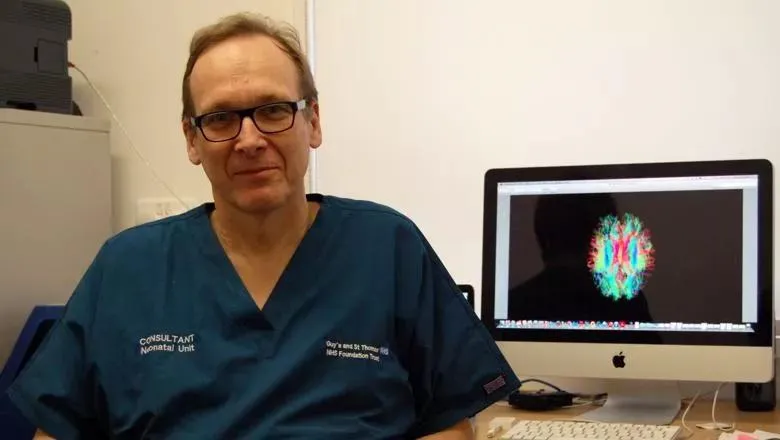I am absolutely delighted by this award. I hope this will help to shine a light on the needs and plight of people affected by eating disorders, and on the fact that research really makes a tangible difference to these people's lives.
Professor Ulrike Schmidt, Professor of Eating Disorders and Director of the Centre of Research on Eating and Weight Disorders (CREW) at the Institute of Psychiatry, Psychology & Neuroscience
02 January 2024
New Year Honours for King's staff
King's academics have been recognised in the 2024 New Year Honours list.


Professor Ulrike Schmidt, Professor of Eating Disorders and Director of the Centre of Research on Eating and Weight Disorders (CREW) at the Institute of Psychiatry, Psychology & Neuroscience, has been awarded an OBE for services to people with eating disorders. She has led the development and research on FREED, First Episode Rapid Intervention for Eating Disorders, which is now available in NHS Trusts across the UK and she is the Principal Investigator of a large research consortium on early intervention for eating disorders. Professor Schmidt’s research has been instrumental in enabling interventions to receive NICE recommendations so they can reach patients and carers. These include guided self-help for bulimic eating disorders, and MANTRA, a first line treatment for adults with anorexia nervosa. She has pioneered the use of novel brain-targeted interventions such as non-invasive neuromodulation for people with persistent eating disorders.
After completing her medical studies at the University of Dusseldorf, Ulrike went on to train in psychiatry at the Maudsley Hospital, and has been a consultant in the Eating Disorders Service there since 1998, and Professor of Eating Disorders at the IoPPN since 2006. She is a Consultant Psychiatrist at South London and Maudsley NHS Foundation Trust and she leads the Eating Disorders and Obesity Theme at the NIHR Maudsley Biomedical Research Centre.
Professor Anthony David Edwards, a Professor of Neonatal Medicine, has been recognised with a MBE for services to health research. Over his 40-year career he has made an enormous impact not just on the survival of babies, but on the quality of life of some of the sickest new-borns cared for in neonatal units around the UK and internationally.
Professor Edwards discovered that the mechanism of birth asphyxia critically includes the triggering of massive neural apoptosis. He found that reduced temperature interrupts a post-asphyxial apoptotic programme and with colleagues around the world translated this discovery into the first successful treatment for birth asphyxia, now in routine use across the world.
He implemented Magnetic Resonance Imaging (MRI) to study very preterm infants, installing an MRI scanner in the Neonatal Intensive Care Unit to allow the sickest and most vulnerable infants to be engaged in research programmes. He showed that the predominant problem after preterm birth is a widespread disruption of brain development, and discovered biochemical and genetic evidence of inflammatory mechanisms of damage which are candidates for therapeutic intervention.
He now leads the €15m European Research Council Developing Human Connectome Project, which is making available over 1000 fetal and neonatal brain MR images to allow researchers to study the development of brain connectivity in the perinatal period.
Professor Edwards said: “This is really recognition of the work done by my scientific and clinical colleagues past and present which I have had the pleasure to be associated with.”

Huge congratulations also go out to all of the King’s alumni listed in the 2024 New Years Honours.


